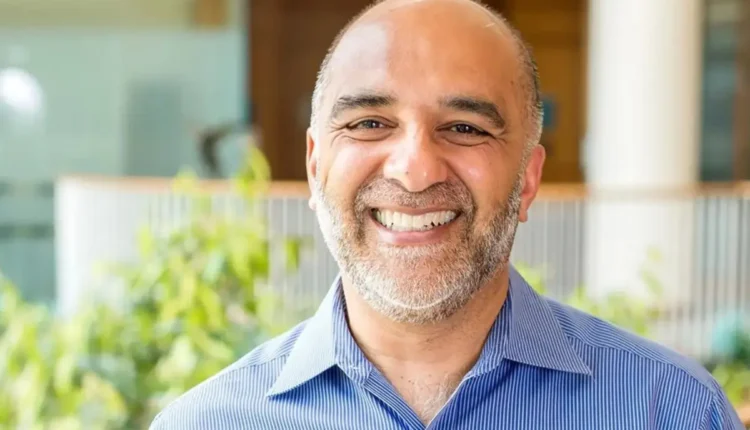Micky Tripathi :- In the dynamic realm of healthcare, where innovation and adaptability are paramount, Micky Tripathi stands as a beacon of transformative leadership. As the National Coordinator for Health Information Technology at the U.S. Department of Health and Human Services (HHS), Tripathi is steering the ship towards a future where data modernization revolutionizes public health.
Micky Tripathi: Unveiling a Digital Foundation for Public Health
Micky Tripathi, with over two decades of experience, advocates for a paradigm shift. He urges public health to embrace a digital foundation, transcending traditional paper-based systems.
In his vision, the entire spectrum of healthcare, from delivery to medical science, can benefit from reimagined information sharing. The dichotomy between shared technology and data control can be dismantled, paving the way for an integrated, efficient system.
Decentralization and the Power of System-ness
Historically, public health has operated in a decentralized federated system, hindering seamless information aggregation. Micky Tripathi envisions leveraging cloud-based technologies to enhance system-ness without compromising jurisdictional authorities. This transformative approach, he believes, is key to unlocking the full potential of public health data.
Towards an Optimal Future State
Micky Tripathi champions the creation of shared requirements based on the United States Core Data for Interoperability (USCDI). Aligning data standards with the healthcare delivery system fosters efficiency and participation.
Initiatives like the Trusted Exchange Framework and Common Agreement (TEFCA) offer public health agencies the chance to join networks without sacrificing control, reducing redundant costs.
The Crucial Role of Data Modernization in Emergencies
Reflecting on the challenges posed by the COVID-19 pandemic, Micky Tripathi emphasizes the need for increased data capacity. The North Star Architecture, endorsed by the Office of the National Coordinator for Health IT (ONC), promises extensible and scalable infrastructure. This ensures that jurisdictions can seamlessly handle data spikes during emergencies.
Private Sector Collaboration for Public Good
Micky Tripathi sees a significant role for the private sector in public health data modernization. The North Star Architecture model opens avenues for a marketplace of applications and tools, easing customer acquisition for the public health community. The synergy between the public and private sectors can enhance tools like de-identification, data normalization, and case investigation.
Empowering Health Information Exchanges (HIEs)
States exploring the role of HIEs as health data utilities find guidance in Tripathi’s insights. Evaluating HIEs, whether regional or nationwide, is crucial for their potential utility. The connection between HIEs and states mirrors the common infrastructure for essential services, creating a framework for efficient health data distribution.
Health and Racial Equity: A Cornerstone Priority
Micky Tripathi stresses the importance of health equity by design. Certified EHR vendors supporting the USCDI must include comprehensive race/ethnicity data.
He advocates continuous additions to the USCDI, incorporating elements like social determinants of health (SDOH), sexual orientation and gender identity (SOGI), and health equity statuses. The concept of “health equity by design” ensures that systems are built with a focus on inclusivity and fairness.
Also Read :- Maju Varghese: A Visionary Shaping the Future of Democracy

